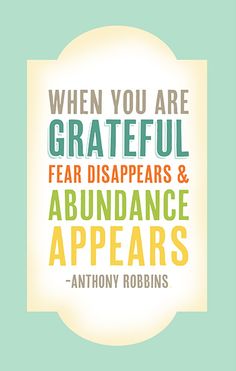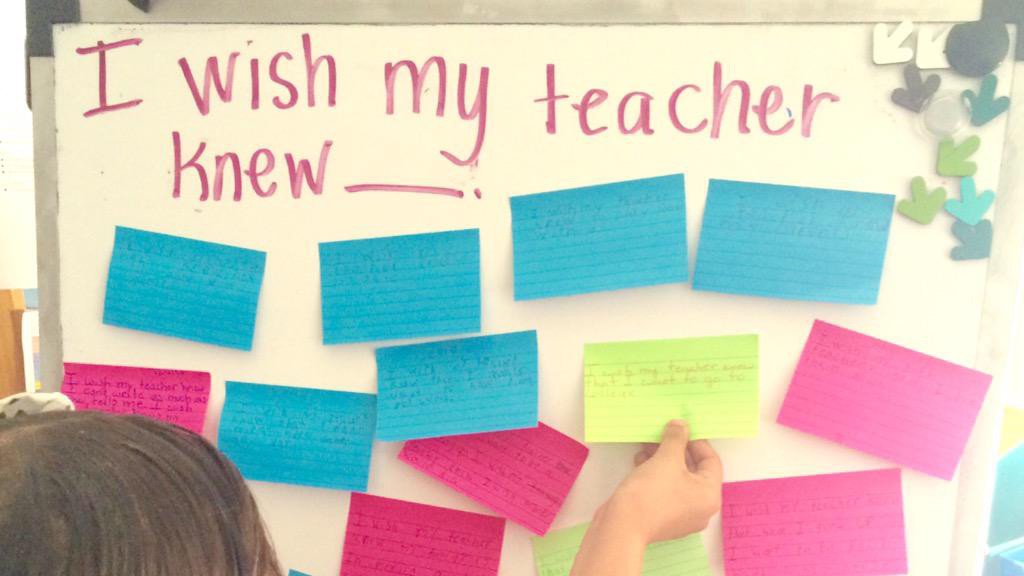By Chris Chiochios, MFT, ATR-BC
“No learning can happen before you build relationships.”
“Sometimes you need to wait until a child is ready to accept your support.”
“Be patient with the process.”
Teachers from Beechwood School shared some of their “Pearls of Wisdom,” from what they learned after their meaningful group activity.
As an Acknowledge Alliance Resilience Consultant at Beechwood, I work closely with the principal on understanding and supporting the school’s needs. Each year, I lead a professional development session for school staff before the school year begins that focuses on a select few social emotional and resilience themes. In the 2018 school year, the focus was around establishing and practicing keys to cultivating and maintaining social and emotional well-being. The four keys to well-being that we identified and focused on were Resilience, Outlook, Attention, and Generosity. These keys, developed by Dr. Richard Davidson (neuroscientist and founder of the Center for Healthy Minds at the University of Wisconsin-Madison), are rooted in neural circuits and can be strengthened to promote higher levels of wellbeing. They have tremendous impact for educators and all staff at schools, as their wellbeing sets the tone for student wellbeing.
In our first professional development session, I led an activity called New Uses for Ordinary Objects, as a way to begin experiencing the idea of how easy it is to label a student or class in a negative and fixed manner. Six groups were given an ordinary item (such as tissue, a notepad, or a glue stick) and were encouraged to consider both the objects’ purpose and how it might also represent an aspect of their work with students. For example, a glue stick could represent a way to glue things together. A participant may then think that seeing this glue stick on their desk during the day will remind them that they can, as a teacher, help students feel “held together” in the classroom. It’s not “just a glue stick” - this activity helped teachers and staff stretch their understanding or definition of each object beyond its ordinary use. Teachers and school staff practiced the skill of reframing and incorporating alternative perspectives while also learning to balance stress, negativity bias, and personal/professional resilience.
We honed in on being able to cultivate a mindset that includes both recognizing and working with challenges that arise, while also maintaining, highlighting, and engaging with students from a strengths-based perspective. The idea of “We are all commas” arose. Seeing students as a “period” at the end of a sentence and being fixated on negative labels can lead to the conclusion “that this is all that they are and they can’t/won’t change.” But, by seeing a “comma” instead, teachers enthusiastically identified that change is possible with support and relationship with others. By calling out that everyone is a comma, teachers and staff also identified the need for avoiding negative labels for themselves and each other.
We revisited this process in monthly staff meetings throughout the school year. In October, we discussed giving credit to themselves as teachers and appreciating small and large moments in the classrooms and with their students. To give themselves a “High 5,” teachers traced their handprints and wrote a self-appreciation or highlight reflecting times they were a part of a positive moment. Some of their thoughts were:
“Being a new parent has opened my eyes wider to the struggles that our families go through daily. I’ve gotten better at listening ‘differently’ to my students’ needs.”
“I feel good about the fact that, despite my position, students, staff, and families feel comfortable coming to me to engage in conversation. I am doing a good job of focusing, in the moment, on what the person is saying, and what they are feeling.”
We combined these with the initial Pearls of Wisdom mandala, already exhibited in the staff room, and added to it during the course of the school year. By strengthening Resilience, Outlook, Attention, and Generosity, teachers and staff were able to understand how their positive mindset and small actions can add up to supporting students in meaningful, profound, and yet ordinary ways. Making visible the countless tiny actions helped set a good model for students, too. Even today, the group activity from last year remains on display, serving as a reminder that everyone on campus continues to have a “hand” in this process!































